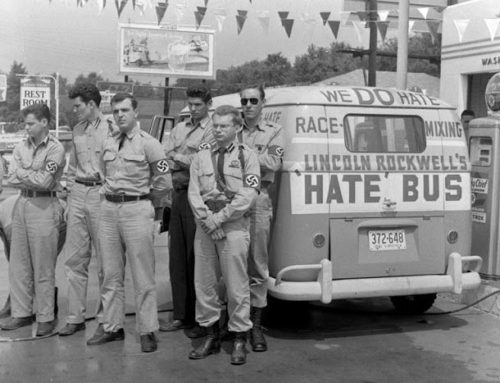My next book, due in Spring 2013, presents many of the leadership lessons of Nanovation in the form of a comic novel. Titled Affluenza, it’s the story of a guy who casually tells a joke at a cocktail party, claiming his dream job is to be a failed CEO. (“That’s where the real money is! They pay these guys $200 million dollars for failing. I could fail for lots less than that! I could fail for $25 million.”) Next thing he knows, someone’s taking him up on it. All he has to do is sit in his big new office and go down with the ship, but he just can’t help himself. He has to make things better.
Part of the reason I wrote Affluenza is because it was a good story and fun to tell. But behind that, there’s a bigger idea, which is that we internalize business, social and leadership concepts better if we read them in a story. It’s just easier to internalize a character than it is to internalize a concept.
In today’s Times Literary Supplement, the philosopher Martha Nussbaum backs me up on this idea.
“The English novel was a social protest movement from the start, and its aim (like that of many of its American descendants) was frequently to acquaint middle-class people with the reality of various social ills, in a way that would involve real vision and feeling. Dickens wrote of child labour, Frances Trollope of the stigma of illegitimacy, Thomas Hardy of seduction and class exclusion. In some cases novels of social oppression had large consequences. Abraham Lincoln was not exaggerating, or not much, when he (probably) said on meeting Harriet Beecher Stowe, “Is this the little woman who made this great war?”. Uncle Tom’s Cabin invigorated the abolition movement in a way that mere data had not (as David S. Reynolds documents in his excellent recent study Mightier than the Sword: “Uncle Tom’s Cabin” and the battle for America, 2011) – because it reached the heart. Later, Upton Sinclair’s The Jungle had a major influence on reform in the meatpacking industry. During the Depression, John Steinbeck’s The Grapes of Wrath had a comparable impact, educating the American public about the plight of migrant workers and producing support for New Deal legislation.”
She’s not comparing my book to these literary legends and neither am I. But it may be that the next generation of leadership legends will be those who formed their own characters based, in part, on literary characters.


